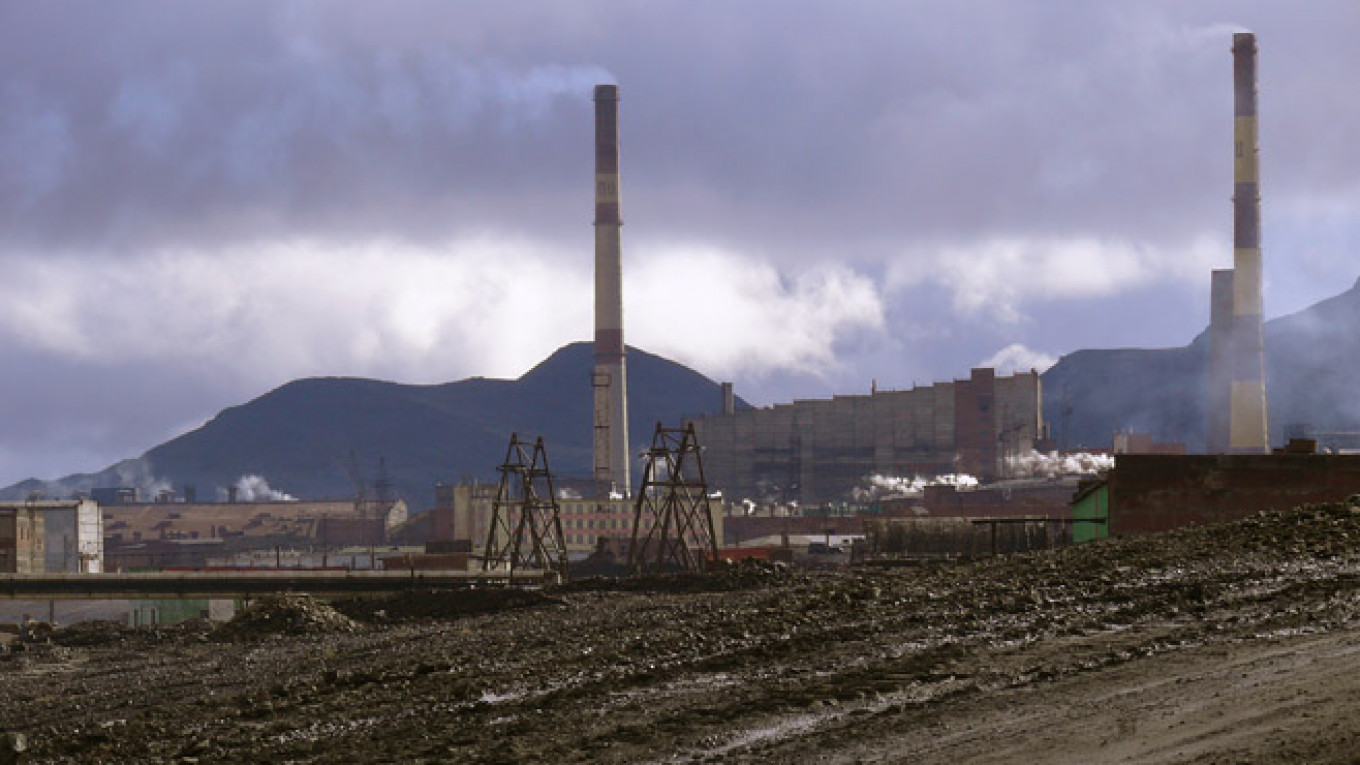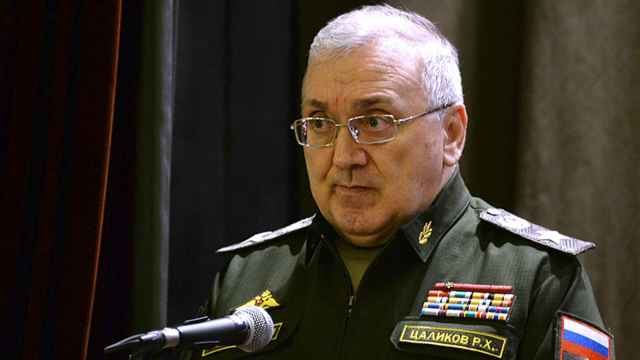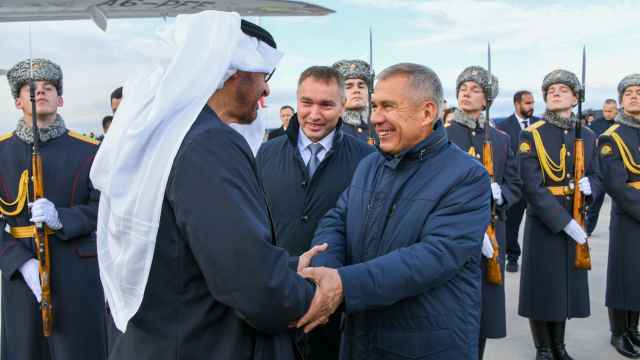Russia's Norilsk Nickel and a group of private investors are in talks to buy palladium worth up to $2 billion from the country's Central Bank, Norilsk's chief executive and co-owner Vladimir Potanin said.
Potanin, Russia's eighth richest man, said he was so convinced the market will be in a supply deficit that he would put his own money into palladium if the company ruled there was no conflict of interest.
If the deal is agreed, Norilsk would be able to guarantee the availability of stock for long-term customers and to increase market transparency, Potanin said. Payment could involve a swap for platinum or cash.
"We are interested in buying palladium, in some form, which is now owned by the government, primarily by the Central Bank," Potanin said in an interview at the Reuters Russia Investment Summit. Norilsk is the world's largest nickel and palladium producer.
"We have proposed [the idea] to the government and the Central Bank," Potanin said. "We are in a dialogue on the issue."
The deal, if agreed, would involve a pool of private investors and banking finance.
The volume of palladium in the Central Bank's reserves is a state secret but it holds one of the world's biggest gold and foreign exchange reserves of around $460 billion.
Palladium prices hit their highest since 2001 in London in early September, on fears that Western sanctions on Russia over its role in Ukraine could hit supply of the metal.
Norilsk expects that the market for palladium, used in emissions-capping catalytic converters in automobiles and in jewelry, will be in a structural global deficit in 2015. It has the same view on nickel, which is used in making stainless steel.
Asked how much palladium Norilsk would like to acquire from the bank, Potanin said: "I take into account the possibilities Norilsk Nickel has, the view of the banks that are ready to grant the financing and the pool of private investors that are ready to take part in this.
"And we estimate our opportunities are up to $2 billion. We can structure the acquisition of palladium or instruments related to it," he said.
He said the decision would depend on the Central Bank and added that Bank of America-Merrill Lynch had previously shown interest in the financing of such a deal and had not signaled any loss of interest since then.
Norilsk, whose production accounts for about 40 percent of the global palladium market and one-fifth of the nickel market, markets its key metals on its own — mainly to end-users.
Its copper production accounts for a much smaller market share — about 3 percent — and the company has moved to what Potanin called an "opportunistic method of copper sales," which could involve selling metal to traders.
Copper Project Finance
Potanin said several traders, including Swiss-based giants Glencore and Trafigura, as well as Japanese trading house Mitsui had expressed interest in taking part in a project to develop the Bystrinskoe copper deposit in Russia's Zabaikalsk region.
The company is considering raising $1 billion in financing for the project, which is expected to start copper concentrate production in the third quarter of 2017. Norilsk has already invested $0.5 billion.
Norilsk is looking into raising finance from state banks, getting funds from future buyers as part of an off-take agreement and selling a non-controlling stake in the project, Potanin said.
Norilsk, part-owned by Potanin and aluminum giant RusAl, also plans to discuss with shareholders extending the schedule of an expected $1 billion special dividend payment, he added.
Norilsk, which sends much of its nickel to European steel producers, has not been targeted by sanctions imposed by the United States and European Union on some of Russia's leading companies and banks.
And while Potanin does not expect further sanctions to target the metals producer, his firm has a plan for such a case.
"We are working on a contingency plan, a Plan B, which means that we are more prepared for the repositioning to Asian markets," Potanin said.
A Message from The Moscow Times:
Dear readers,
We are facing unprecedented challenges. Russia's Prosecutor General's Office has designated The Moscow Times as an "undesirable" organization, criminalizing our work and putting our staff at risk of prosecution. This follows our earlier unjust labeling as a "foreign agent."
These actions are direct attempts to silence independent journalism in Russia. The authorities claim our work "discredits the decisions of the Russian leadership." We see things differently: we strive to provide accurate, unbiased reporting on Russia.
We, the journalists of The Moscow Times, refuse to be silenced. But to continue our work, we need your help.
Your support, no matter how small, makes a world of difference. If you can, please support us monthly starting from just $2. It's quick to set up, and every contribution makes a significant impact.
By supporting The Moscow Times, you're defending open, independent journalism in the face of repression. Thank you for standing with us.
Remind me later.






